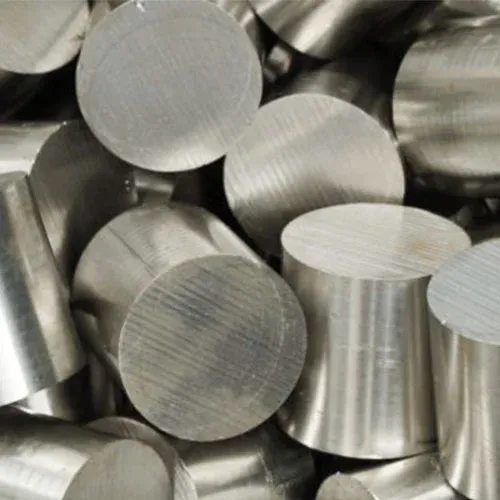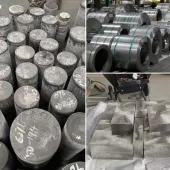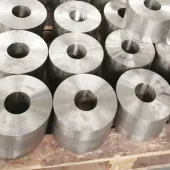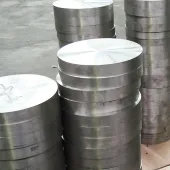
How to Select the Right Special Titanium Alloy for Your Project
Titanium is widely recognized for its excellent corrosion resistance, high strength-to-weight ratio, and biocompatibility. But when standard grades like commercially pure titanium or Ti-6Al-4V aren’t enough, special titanium alloys offer tailored properties for high-performance, mission-critical applications.
From aerospace turbine blades to biomedical implants, choosing the right special alloy is essential to ensure durability, manufacturability, and regulatory compliance. This guide explains what makes these alloys “special” and how to select the right one for your application.
What Are Special Titanium Alloys?
Special titanium alloys are engineered by adding elements such as aluminum, vanadium, molybdenum, zirconium, niobium, or palladium. These additions improve the material’s performance in specific areas, including:
- High-temperature strength
- Enhanced corrosion resistance
- Improved formability or machinability
- Superior fatigue and creep resistance
- Better biocompatibility
Unlike standard grades, these alloys are designed for very specific conditions or regulatory requirements.
Common Special Titanium Alloys and Their Applications
Here are some of the most widely used special titanium alloys and where they are typically applied:
Ti-6Al-2Sn-4Zr-6Mo (Ti 6246)
- Application: Jet engines, gas turbines, and airframes
- Properties: Excellent high-temperature strength and fatigue resistance
Ti-6Al-2Sn-4Zr-2Mo (Ti 6242)
- Application: Aerospace and motorsport parts operating at elevated temperatures
- Properties: Stable mechanical properties up to 550°C
Ti-15V-3Cr-3Sn-3Al
- Application: Airframe structures and space vehicles
- Properties: High strength and good formability; suitable for cold forming
Ti-5Al-2.5Sn (Grade 6)
- Application: Hydraulic tubing, aircraft frames, and engine casings
- Properties: Good weldability and moderate strength with creep resistance
Ti-0.2Pd Alloys (Grades 7 and 11)
- Application: Chemical processing, marine environments, and nuclear waste systems
- Properties: Excellent corrosion resistance in reducing and oxidizing environments
Key Selection Factors
When deciding which special titanium alloy to use, consider the following criteria:
- Temperature resistance: Will the component be exposed to temperatures above 400°C?
- Corrosive exposure: Does the environment involve saltwater, acids, or chlorides?
- Fabrication method: Will the part be machined, forged, welded, or cold-formed?
- Mechanical loads: What are the fatigue, creep, and tensile strength requirements?
- Regulatory standards: Are there ASTM, AMS, or ISO requirements specific to the industry?
Choosing the wrong alloy can lead to early failure, excessive costs, or non-compliance with safety regulations.
The Importance of Certification and Traceability
Special titanium alloys are often used in aerospace, medical, and nuclear applications where safety and traceability are critical. Always verify that the material:
- Meets appropriate standards (e.g., ASTM B348, AMS 4919, ISO 5832)
- Comes with mill test reports (MTRs)
- Has full traceability back to the melt and heat batch
- Is produced under certified quality systems (e.g., ISO 9001, AS9100, or ISO 13485)
Never compromise on documentation — it protects both your product and your brand.
Conclusion
Special titanium alloys offer unique advantages that standard grades cannot match. Whether you need high-temperature strength, exceptional corrosion resistance, or high-performance cold forming, there’s a titanium alloy designed for the job.
By understanding the specific demands of your project and the characteristics of available alloys, you can choose the material that delivers both performance and reliability.
Quick Contact
Related Products
-

Special Titanium Alloys
Special Titanium Alloys
-

Why Special Titanium Alloys Are Essential for Aerospace Applications
Special Titanium Alloys
-

Comparing Popular Special Titanium Alloys for Industrial Use
Special Titanium Alloys